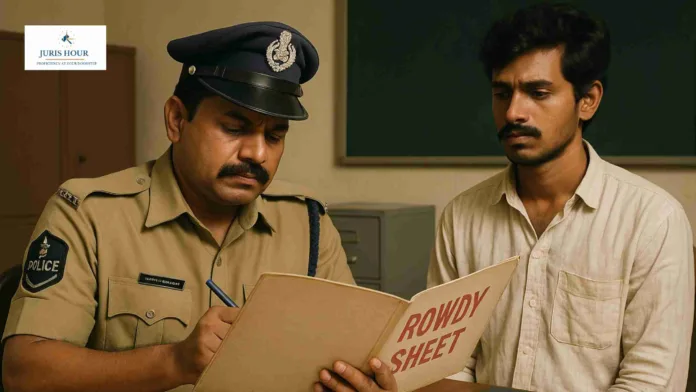The Supreme Court issued notices to the Union government, all States, and Union Territories on a public interest litigation (PIL) seeking recognition of an individual’s right to have legal counsel present during the course of inquiry or investigation by any law enforcement agency.
A Bench comprising Chief Justice of India B.R. Gavai and Justice K. Vinod Chandran was hearing the petition filed by Advocate Shaffi Mather, who contended that despite repeated judicial affirmations and statutory backing, the right to consult a lawyer during interrogation continues to be applied inconsistently across investigative agencies.
Right to Counsel: Fundamental but Unevenly Enforced
Appearing on behalf of the petitioner, Senior Advocate Menaka Guruswamy argued that the presence of a lawyer during questioning is crucial to safeguarding the constitutional guarantee against self-incrimination under Article 20(3) of the Constitution.
“This petition merely seeks the full and uniform enforcement of an existing fundamental right — the right to access counsel during all stages of an inquiry or investigation, whether by the police or central agencies like the Enforcement Directorate,” Ms. Guruswamy submitted.
She highlighted that although the Supreme Court has, in numerous rulings, affirmed an accused’s right to consult an advocate, investigating authorities frequently impose restrictions on this access. “In several cases, permission to meet a lawyer is subject to the discretion of the investigating officer, who decides at what points during interrogation the counsel may be allowed to be present,” she said.
Custodial Torture and Human Rights Concerns
Responding to the Bench’s query about specific instances of violation, Ms. Guruswamy cited data from the National Human Rights Commission (NHRC) and independent watchdogs, which reveal a disturbing pattern of custodial torture and deaths during interrogation.
Referring to the “India: Annual Report on Torture 2019” published by the National Campaign Against Torture, she noted that of 125 documented custodial deaths that year, 93 were allegedly due to torture, 24 occurred under suspicious circumstances, and the causes of death in the remaining cases were undetermined.
“These findings underscore the urgent need for procedural safeguards. The petitioners — who are practising lawyers — are simply seeking the enforcement of constitutional protections that prevent coercion, abuse, and forced confessions,” she added.
Statutory Backdrop and Gaps in Implementation
The petition draws attention to Section 38 of the Bhartiya Nagarik Suraksha Sanhita (BNSS), 2023, which provides that any person arrested and interrogated by the police is entitled to meet an advocate of their choice during questioning — though not necessarily throughout the interrogation process.
While acknowledging this statutory provision, the petition argues that such “piecemeal or discretionary access” falls short of constitutional guarantees and leaves significant scope for abuse.
Further, it seeks the formulation of clear guidelines ensuring access to counsel during proceedings conducted under special laws such as the Prevention of Money Laundering Act (PMLA), Narcotic Drugs and Psychotropic Substances Act (NDPS), and Customs Act, where the risk of custodial coercion is reportedly high.
Violation of Fundamental Rights Alleged
The petition asserts that the current practice of restricting access to lawyers violates multiple constitutional rights — including the right to counsel under Article 22, the protection against self-incrimination under Article 20(3), and the broader guarantees of due process and fair investigation under Article 21.
“This pattern of coercive, partial access to counsel not only undermines investigative integrity but also perpetuates custodial abuse, eroding the fairness of criminal proceedings,” the plea states.
Supreme Court’s Next Steps
Taking note of the submissions, the Bench issued notices to the Union government, States, and Union Territories, directing them to file their responses. The matter is expected to be taken up for further hearing in the coming weeks, marking a significant development in the ongoing debate over the scope of constitutional rights during criminal investigation in India.

